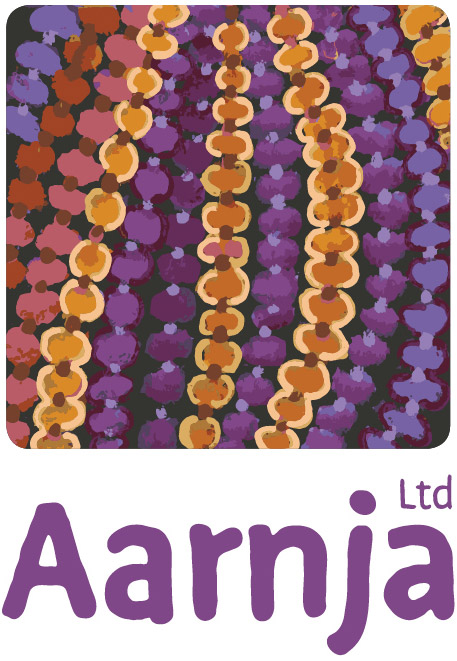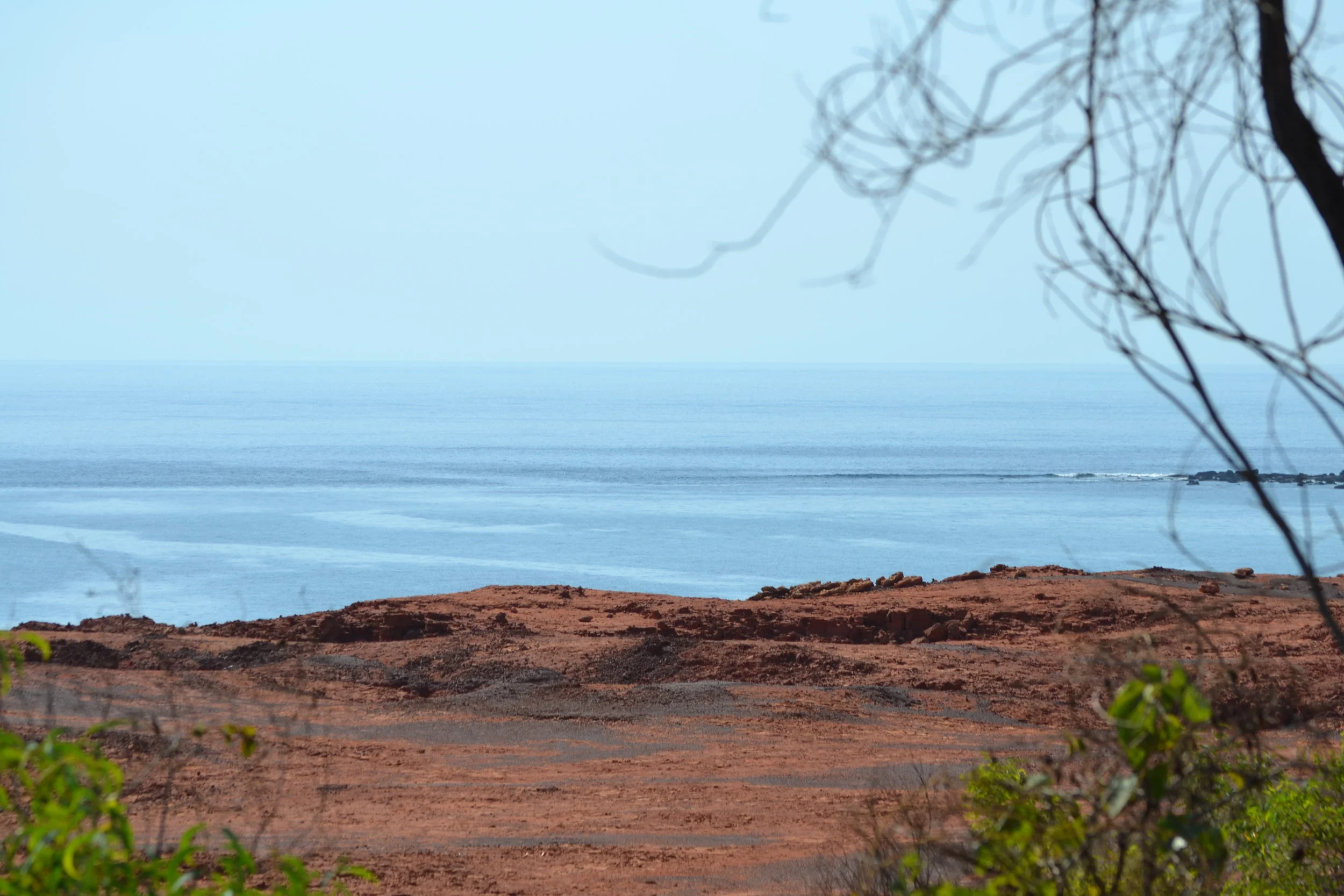Aboriginal women will travel from far and wide across the vast Kimberley to converge in Broome next week for the region’s first ever Straight Talk, gaining skills to become powerful advocates and tackle the issues of importance to their communities.
Former senator, Olympic gold medallist and Straight Talk trailblazer Nova Peris, National Congress of Australia’s First Peoples Co-Chair Jackie Huggins and Kimberley MP Josie Farrer are among the highly respected and well-known Indigenous women who will take part in the event.
The three-day event, which starts on Monday 9 October, will be attended by about 40 participants from areas including Beagle Bay, Fitzroy Crossing, Halls Creek, Kununurra, Derby, Wyndham, Dampier Peninsula and Broome.
The gathering comes after lobbying by Kimberley women who have participated in previous national Straight Talk summits - and has been made possible by a unique partnership between Oxfam Australia and Kimberley Aboriginal membership organisation Aarnja.
Straight Talk facilitator Michelle Deshong, who has been involved in national and regional events that have brought together more than 600 women since Oxfam started the program eight years ago, said Aboriginal women had a powerful role in leading change.
“This regional meeting is about harnessing the capacity of really strong and connected women across the region,” said Ms Deshong, who is also a member of Oxfam’s Aboriginal and Torres Strait Islander board advisory committee.
“The partnership between Oxfam and Aarnja also shows that if you think outside the box, you can achieve interesting things.”
Aarnja Executive Assistant Attika Edgar, who took part in last year’s national Straight Talk summit in Canberra, said she hoped women would leave the event with a greater level of confidence in their crucial roles as leaders in their communities.
“The program is about giving women stepping stones to build on their own skills and strategies that will help them engage with all levels of politics, government and their communities to bring about positive change,” Ms Edgar said.
Ms Peris, a proud Kimberley woman who has been involved in Straight Talk programs since 2010, said the program helped women build a shield of resilience and validated the phenomenal roles they already played in their communities.
“Straight Talk brings together strong, resilient Kimberley women who all have some leadership role within their community and this will further empower them through sharing their stories, their struggles and how they have overcome these challenges,” Ms Peris said.
Kathleen Cox, who will travel from the Dampier Peninsula to participate in the program, said women needed to be a strong voice for their communities, but rarely had the chance to come together and talk about their
shared issues and ideas.
“I hope to gain some knowledge, strategies and skills to help me understand political processes where I can confidently advocate for communities and satellite stations on the Dampier Peninsula,” Ms Cox said.
“There are so many issues in our region, but keeping in mind, the issues should not all be negative – we can choose to focus on positive issues and positive opportunities for growth, and we need a platform to be able to do this.
“I am looking forward to a feeling of empowerment – through everybody sharing dreams, sharing stories and sharing ideas for fixing our problems at the grass root level and supporting each other, particularly in women being involved in business and creating business opportunities for women.”
For interviews or further information, please contact Amanda Banks at Oxfam on 0411 449 653 or amandab@oxfam.org.au or Attika Edgar at Aarnja on 0499 332 020 or admin@aarnja.org.au






